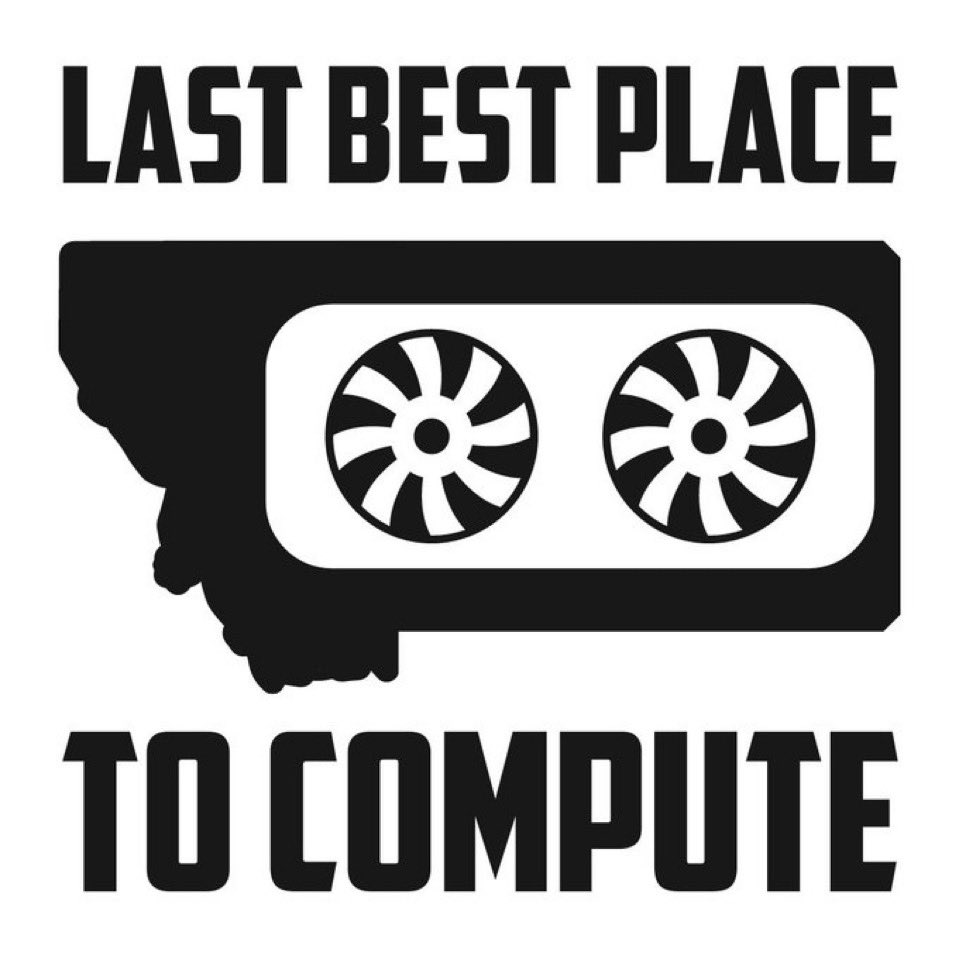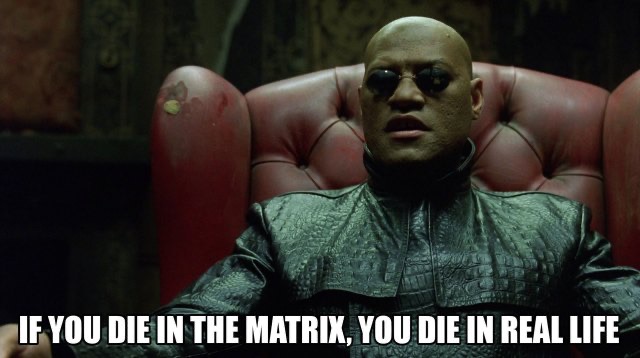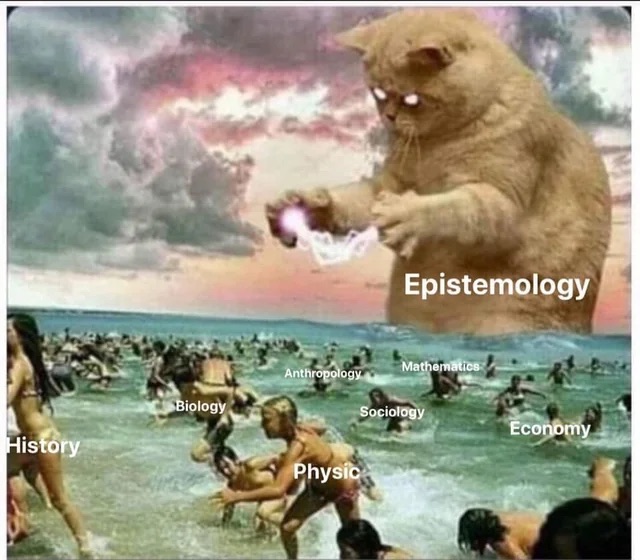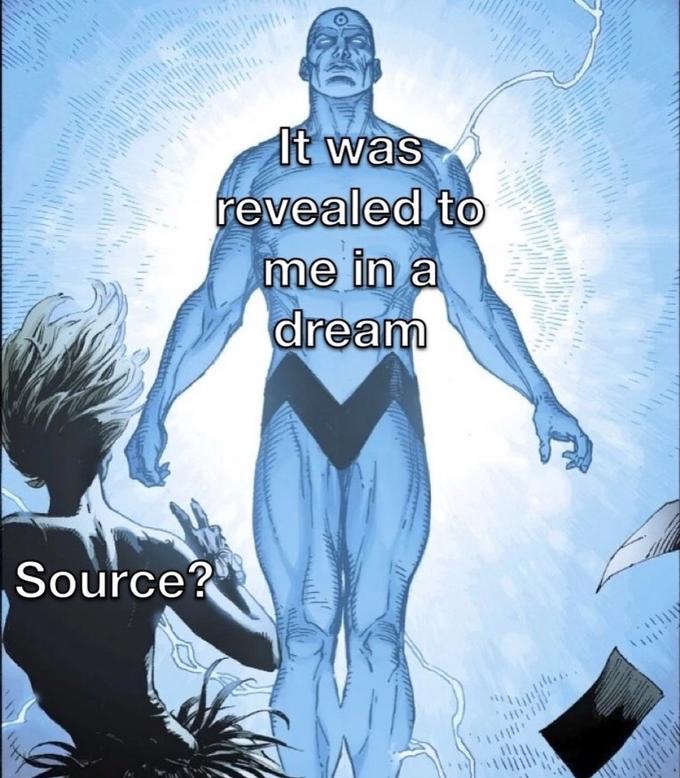I felt it was very important to get off the internet and soak in some restorative aesthetics. We are in a shock and awe moment almost anywhere you look from national politics to geopolitical technology competition. And everyone is jangling for narrative.
We’ve been a fog of informational war so long we forget we are all subject of multiple intersecting and independent actors who want your attention to be on their issues and their terms. We are living in context collapse hell.
Ans it’s not going to get any better. Many independent minded citizens are arising in these challenging times and they all operate with mindful caution. We have to invent our way out of the most challenging information environment of our lives.
Americans don’t realize we are subject to political and industrial competition and it plays out across social media. Don’t think because you know it is being done that you aren’t heavily affected. America has foreign enemies and quite a few domestic ones.
Extremism exist in some very weird bubbles. I am concerned seeing rationalist singularity cultists. But I’m also concerned about high frequency hedge funders who manipulate markets. We are in a great power competition and I’m sure we all have totally sensible opinions about open source artificial intelligence models. Right?
It’s all very cyperpunk. Manipulation of financial markets is as grey zone a tactic as sniping the telecoms pipeline from Helsinki to Tallinn. And we should be concerned about being competitive. We’ve been snowblind before
It’s a nuisance as neither you nor I have a clear line of view. Some of us maybe have a few months heads up. The lead feels less and less even as I am as much a part of shaping narratives as anyone. I was using DeepSeek in the fall.
When I was in fashion we had this website called “don’t believe the hypebeast” to mog those overly concerned with cool. Don’t get mogged. The same principle applies here. Don’t try to figure it all out.
Go read something with soul, listen to some Bach, and be with your family. Be frosty in the fog and exist in the real while you still can.




